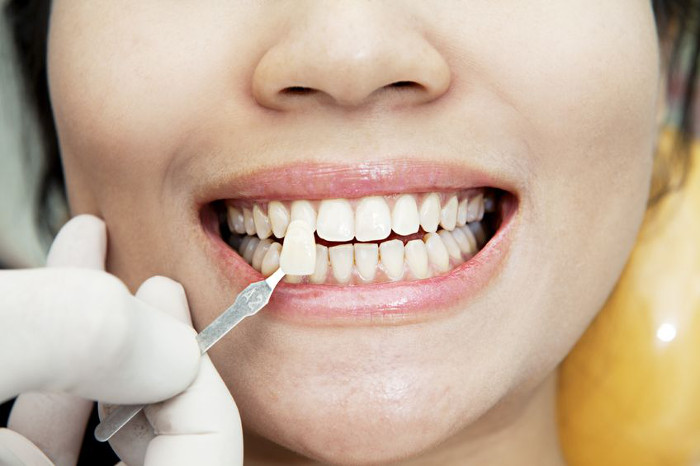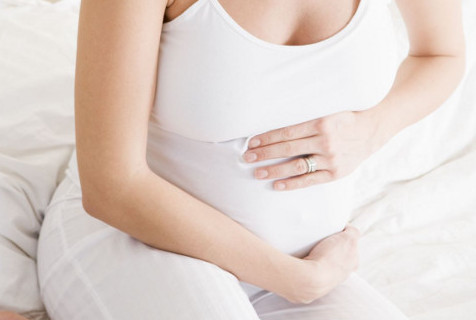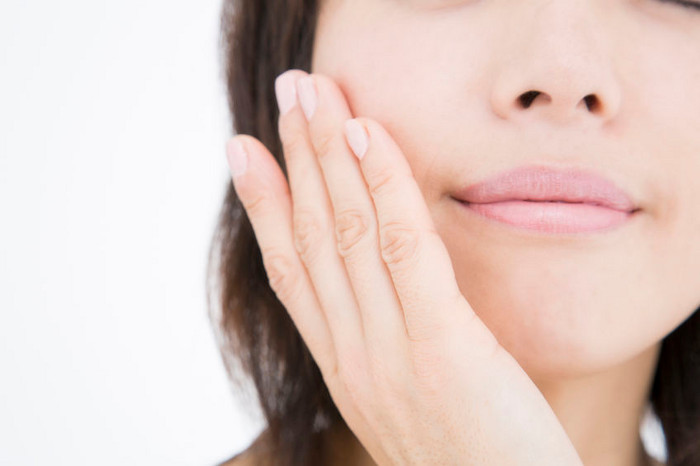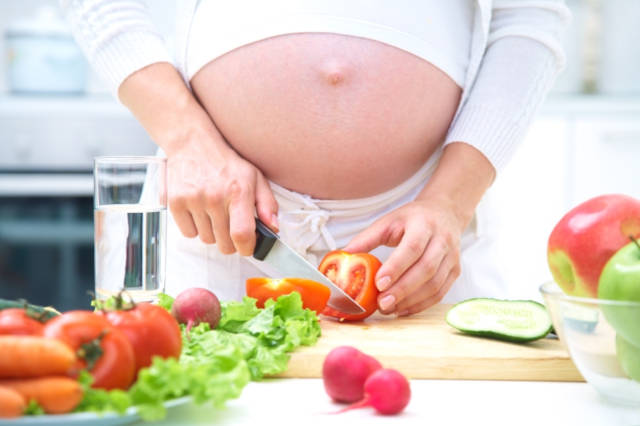Pregnancy is the time to take extra special care of your teeth and gums. Here are some dental considerations to be mindful of during your pregnancy.
Common Teeth And Gum Problems During Pregnancy
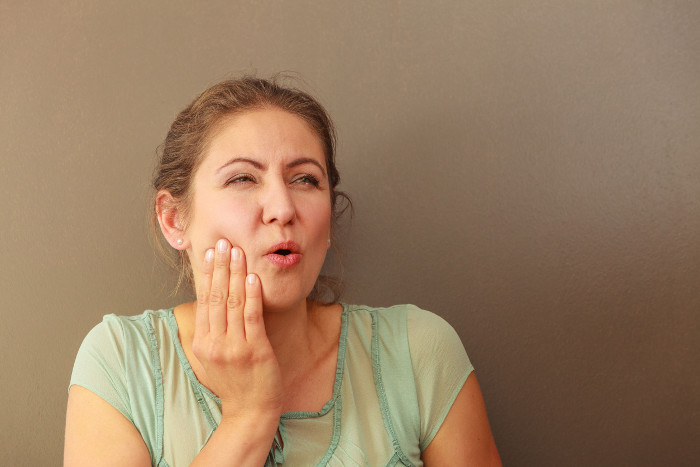
- Extra sensitive gums
During pregnancy, increased hormone levels can make your teeth and gums extra sensitive to bacteria, which could increase your risk of developing certain dental infections.
- Pregnancy gingivitis
This is the most common dental concern during pregnancy, affecting almost 50% of all pregnant women. It causes your gums to become red, puffy and inflamed. It can also trigger bleeding gums when you are brushing and flossing.
- Periodontitis
If left untreated, gingivitis can progress into periodontitis. Also known as gum disease, this is a severe gum infection that destroys the bones and fibers that help to keep your teeth in place. Since the bone in the jaws holds your teeth in the jaws, the loss of bone can cause your teeth to become loose and need to be extracted because of acute infection.
Pregnant women who have periodontitis are seven times more likely to have a baby that is born too early and too small. It appears that periodontal disease triggers increased levels of biological fluids that induce labor. Women whose periodontal condition worsens during pregnancy have an even higher risk of having a premature baby.
- Pregnancy Epulis
Occasionally, some pregnant women will develop a localised swelling on the gum, known as a pregnancy epulis. Typically this will occur in the second or third trimester, sometimes even appearing for the first time in the final month of the pregnancy. A pregnancy epulis will often bleed easily and can appear very red and inflamed, however, they are generally not painful. They are also not cancerous and do not have the potential to become cancerous.
- Erosion and discolouration of teeth
Some women who have excessive morning sickness may also experience some erosion of their teeth due to regurgitation of stomach acids. This leads to discolouration and sensitivity of the teeth involved.
Things to avoid
Refrain from all cosmetic or unnecessary treatments like teeth whitening, as well as an invasive treatment like surgery or root canal treatment unless absolutely necessary during the first and third trimesters. Also, avoid any form of dental X-rays.
Topical dental medication such as antibacterial mouthwashes is generally safe to use as well as commonly prescribed painkillers like Panadol. Antibiotics to treat dental infections should be used sparingly and only if absolutely necessary.
Book your next dentist appointment
It is generally safe and highly recommended to have at least one check-up and regular cleaning during pregnancy, preferably during the second trimester after your baby’s vital organs have been formed.
Dr Chin Shou King, Dental Surgeon, Director, T32 Junior Marketing Director.
Practice address:
Camden Medical Centre
One Orchard Boulevard, 17th Floor
Singapore 248649
Tel: (65) 6733 1388
Emergency Dental Services: (65) 6398 5578
Email: t32@t32dental.com
Website: www.t32dental.com
* * * * *
Like what you see here? Get parenting tips and stories straight to your inbox! Join our mailing list here.
Want to be heard 👂 and seen 👀 by over 100,000 parents in Singapore? We can help! Leave your contact here and we’ll be in touch.







































